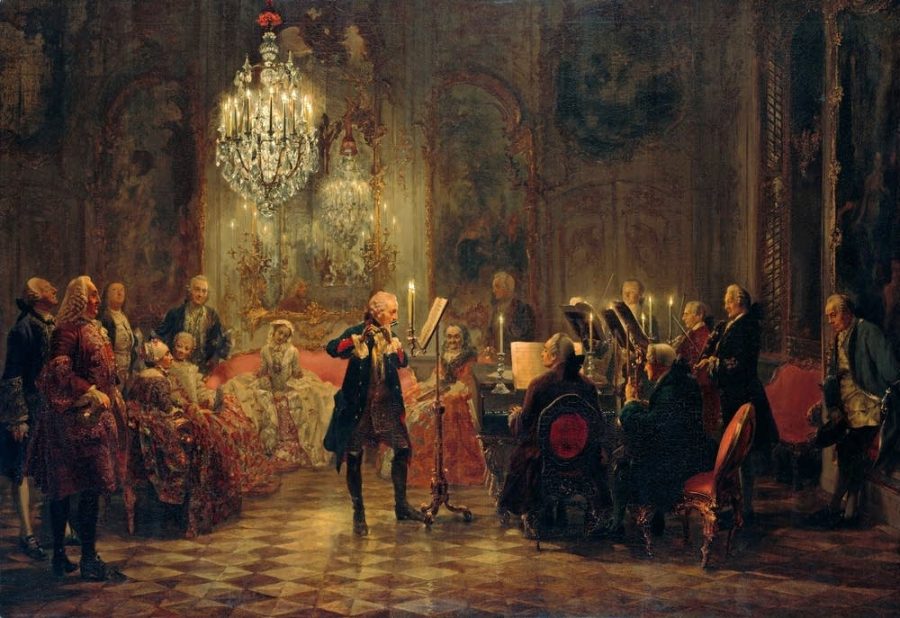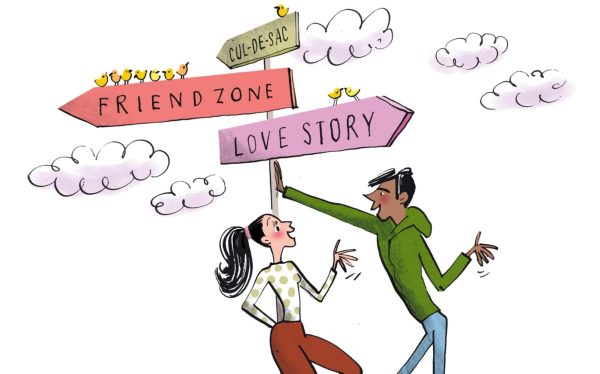Classical Music is Underrated
Mainstream music has taken the hearts of many people, young and old. Throughout the rapid spread of today’s mainstream music, a multitude of other genres have been neglected. Classical music is one of the many genres that have been pushed aside. Since the end of the 19th century, classical music has been ignored despite its beauty and the in-depth emotional connection its listeners acquire.
We live in a world where trends come and go in a matter of weeks or months, where there is constant competition amongst artists for streams and are aggressively putting out their music causing classical music to fall behind. Our generation, gen z, is influenced by what’s popular and mainstream, not by a culture that is old and dying. According to HEADPHONES ADDICT, only about 30% of Americans listen to classical music.
Classical music feels much different from modern music. It tells a story through the complex dynamics written by its composer. Only a melomaniac, someone very fond of music, could understand the busy yet sophisticated sounds that are heard note by note. Without words, the emotionally rich tones are absorbed deeper and clearer compared to mainstream songs that share their messages with words and tone. This art is something a lot of people, sadly, don’t understand.
People now are desensitized to classical music’s beauty. When you listen to a classical song, your body releases a chemical called dopamine. This chemical is like a natural feel-good drug that your body gives off during certain pleasurable experiences. Music is a pleasure. We listen to music to feel certain emotions that make us feel good. According to Symphony Central Coast, the dopamine released when listening to classical music also prevents the release of stress hormones. When stress is not released, the mood is improved, which refreshes your brain and makes tasks like studying more enjoyable.
Not only does this genre of music remove stress but also improves your memory. In a study from the Department of Medical Genetics at the University of Helsinki, students made the discovery that listening to classical music, even for just a short period of time, can modulate genes related to brain function and memory. The people they studied who listened to classical music were positively affected. This study also discovered that listening to classical music is related to neurodegenerative diseases that cause people stress and anxiety. Classical music makes the brain happy which keeps these diseases from starting. A healthy brain means a happy brain.
Classical music must be the savior for our brains because, not only does it keep us happy, but it also allows people a better night’s sleep. A study by the Institute of Behavioural Science at Semmelweis University discovered the effects this music has on sleep. Because classical music reduces anxiety and stress, it also reduces sympathetic nervous system activity. This all together allows a person to get drowsy.
Not many people know about the effects classical music could have on them. They choose to listen to other music that may not be doing as much good. Marina Aziz, a junior at North High, said she didn’t like classical music because, “it’s just old really old, and not my taste.” I think if she gave it a chance, she would be pleasantly surprised.
Marc Gonzalez, a history teacher at North High, would probably disagree with Marina’s insights. He said, “If more people listen to classical music, they would find it enjoyable and peaceful. I think it can stir emotions within listeners that are different from most music.”
Classical music should play a more important role in modern-day life because of all the positives it can bring someone. The connection that can grow between it and its listeners is unlike any other compared to modern mainstream music.







